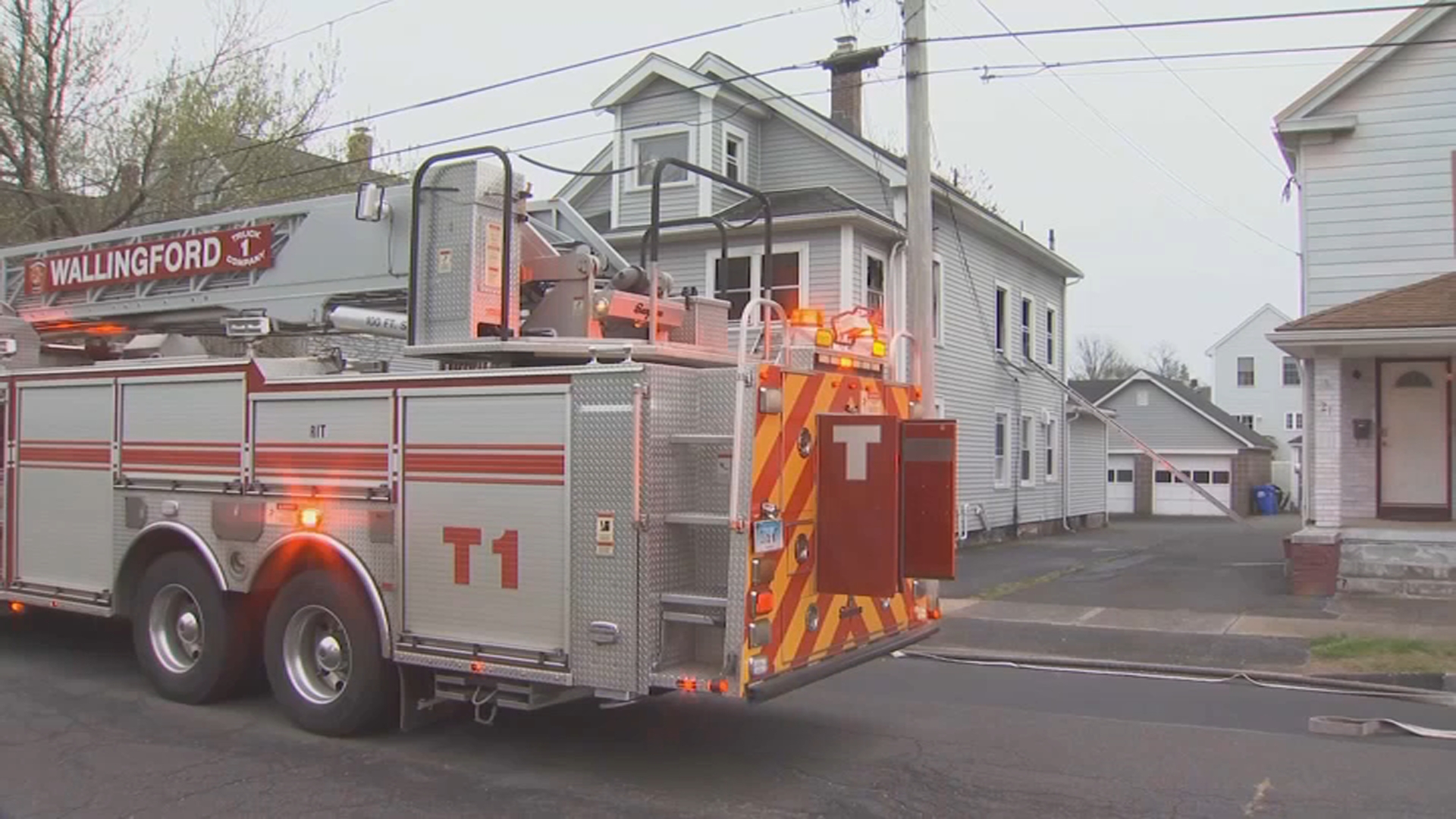The Connecticut Supreme Court is expected to hear several high-profile appeals in 2016, including the state's attempt to put Kennedy cousin Michael Skakel back in prison and a review of its landmark decision declaring the death penalty unconstitutional.
Skakel, a nephew of Robert F. Kennedy's widow, Ethel, was freed in November 2013 after a judge granted him a new trial in the slaying of neighbor Martha Moxley in wealthy Greenwich in 1975, when they were both teenagers. He posted $1.2 million bail and was released after serving more than 11 years of a prison sentence of 20 years to life for murder.
Prosecutors are going before the state Supreme Court to challenge the decision for a new trial by Judge Thomas Bishop, who ruled that Skakel's attorney, Michael Sherman, failed to adequately represent him in 2002.
Prosecutors declined to comment on the appeal. A message seeking comment was left for Skakel's appeal lawyer, Hubert Santos.
The Supreme Court is expected to hear arguments by April. Prosecutors have said that if they lose the appeal, they will put Skakel on trial again.
Justices are scheduled to hear arguments this month in the appeal of Russell Peeler Jr. — a case in which the court will revisit its 4-3 decision last year that declared Connecticut's death penalty unconstitutional.
Peeler was sentenced to death for ordering the killing of a woman and her 8-year-old son in Bridgeport in 1999. The boy, B.J. Brown, was to testify against Peeler in another murder case.
Local
Gov. Dannel P. Malloy and state lawmakers in 2012 abolished the death penalty, but only for future murders — leaving 11 men including Peeler still facing execution. A sharply divided Supreme Court ruled in August in the appeal of another death row inmate, Eduardo Santiago, that the 2012 abolishment must be applied to those who remained on death row because the death penalty violated the state constitution.
In a rare move, the court is allowing prosecutors in the Peeler case to address issues decided in the Santiago appeal, setting up a possible overturning of the Santiago ruling abolishing the death penalty. Prosecutors in Peeler's appeal will argue Jan. 7 that, contrary to Peeler's claims, the 2012 law allowing the death penalty for future murders only does not violate the state constitution.
Hartford attorney Daniel Klau said the Supreme Court is "certainly off to a significant start with Peeler in January and Skakel likely to follow."
Also this year, the Supreme Court is expected to decide whether to reinstate the corruption convictions of former Hartford Mayor Eddie Perez. Justices heard arguments in October.
A lower court ruled in 2013 that the state improperly combined two corruption cases into one trial that ended with Perez's conviction and a three-year prison sentence for taking a bribe and attempted extortion. Perez has remained free on bail pending the appeals.
Hartford lawyer Proloy Das said the Skakel, Peeler and Perez cases are unusual in that it is the state seeking reversals of court rulings, not the defendants.
Chief Justice Chase Rogers declined through a spokeswoman to comment on the court's 2016 cases.
The Supreme Court also is expected to hear three other death penalty appeals involving Steven Hayes, Sedrick Cobb and Robert Breton. Hayes is one of two men sentenced to death in the highly publicized murders of a mother and her two daughters in a home invasion in Cheshire in 2007.



